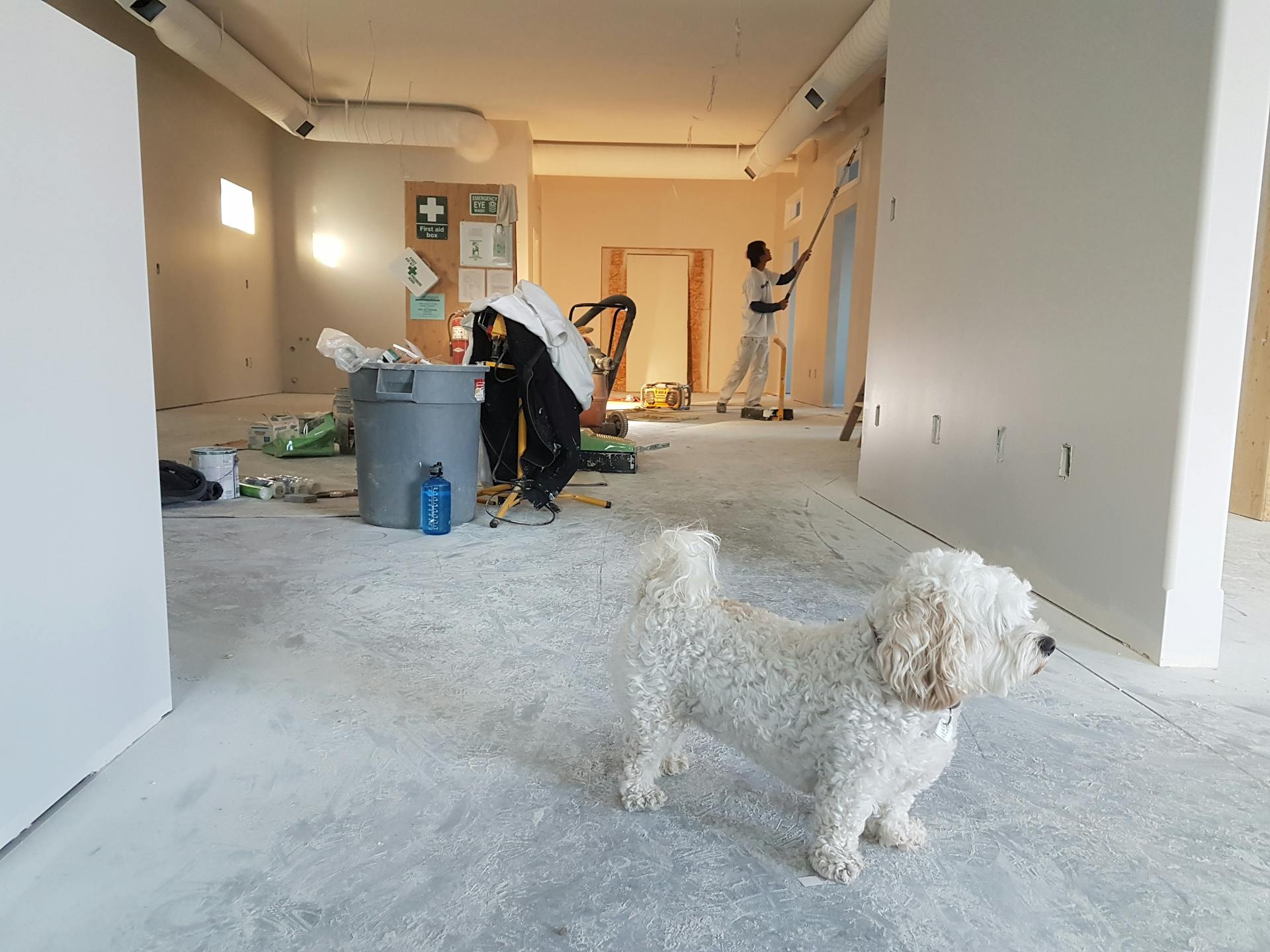The First Steps to Take Before Starting Any Major Home Project

Have you ever felt overwhelmed just thinking about where to begin with a home renovation or large upgrade? Many homeowners rush into projects with excitement but end up stressed or disappointed. That’s often because they skip the most important part—planning. Whether you're thinking of remodeling your kitchen, redoing the backyard, or building an extension, how you start can affect everything that follows. A little thought in the beginning can help you avoid unexpected costs, delays, or mistakes. You don't need to be a professional to plan well—you just need to slow down and take the right steps.
In this blog, we will share the most important first steps to take before starting any major home project. These steps will help you feel confident, prepared, and in control.
Understand Your Goals
Before you spend money or bring in a contractor, take time to understand what you want. What’s your main reason for this project? Do you want to improve how your home looks, increase its value, or make it more functional? Maybe you’re trying to create more space for your growing family or upgrade outdated features. Clearly knowing your goals will guide your decisions and help you stay on track.
Write down your goals and think about how they connect to your daily life. For example, if you're remodeling your kitchen, do you want more counter space for cooking or a better layout for entertaining guests? Be specific.
Check Your Budget and Finances
Money plays a big role in home projects. Before anything else, look closely at your finances. How much can you realistically afford to spend? Make sure to include not only the cost of materials and labor but also permits, unexpected repairs, and small finishing touches.
If you’re thinking about financing part of your project, now is a good time to explore your options. Use tools like a mortgage down payment calculator if you're taking out a second mortgage or planning a home equity loan. This tool can help you estimate how much you need upfront and what you’ll be paying over time. Planning your finances early keeps you from facing surprises later and helps you prioritize what's most important in your project.
Research Local Laws and Permit Requirements
Many homeowners don't realize that even small changes to their home may require approval from the city or county. Before you knock down a wall or build a deck, look into your local building codes and permit rules. These regulations are in place to make sure your project is safe and follows community standards. Ignoring them could lead to fines or even require you to undo work you’ve already paid for.
Contact your local building office or visit their website to learn about what permits you need. You might also need approval from your homeowners’ association if you have one. The process may take time, so it's smart to handle it early. This step helps you stay legal and avoid costly delays once the project begins.
Create a Clear Plan and Timeline
Having a solid plan is just as important as having a solid budget. Start by listing the work that needs to be done and break it down into smaller tasks. Then think about the order these tasks should be completed in. This helps you stay organized and know what to expect. It’s also helpful when hiring professionals because it shows that you’ve thought through your project carefully.
Next, create a timeline. Decide when you want to start and when you’d like to finish. Be realistic. If you're working around holidays, vacations, or bad weather, adjust your schedule to avoid problems. Add extra time for delays that might come up. A good plan helps everyone involved know what to do and when to do it, which keeps your project moving smoothly.
Find the Right Professionals
Unless you're doing all the work yourself, you’ll need help from contractors, designers, or other pros. Don’t just hire the first person you find. Take your time to research, read reviews, and ask for references. Look at their past work and see if it matches your style. Interview a few people before you decide. Ask about their experience with similar projects, and make sure they are licensed and insured.
Good communication matters just as much as skills. You want someone who listens to your ideas, answers your questions clearly, and keeps you updated during the project. A strong working relationship makes the process easier and more enjoyable. Trust your instincts—if something feels off during the interview, it’s okay to keep looking. Choosing the right team sets the tone for the whole project.
Know the Impact on Your Daily Life
Home projects can turn your life upside down for a while. Your kitchen might be out of use for weeks, or your yard could be off-limits. Think about how the work will affect your daily routine. Where will you cook, park, or relax? If you're working from home, how will the noise and dust affect your job? It’s better to plan for these things now than to deal with frustration later.
Talk to your family and anyone else living in the home. Let them know what to expect. You may need to set up temporary spaces for eating, bathing, or working. If the disruption will be major, consider staying somewhere else for a short time. When you plan for the changes ahead, you can adjust more easily and avoid added stress during the project.
In conclusion, starting a major home project can be exciting, but it’s easy to get lost in the details if you don’t prepare. The choices you make in the early stages affect everything that comes next. By taking time to think about your goals, budget, laws, timeline, and the people you work with, you create a strong foundation for success. Planning may not be the most exciting part, but it’s the smartest way to begin. When your project is complete, you’ll be glad you took the time to start it right. Let this be the moment you approach your home upgrade with clarity, confidence, and a plan that works for you.
How To Clean Tile Floors

Now you can order cleaning services
in just 5 minutes
















